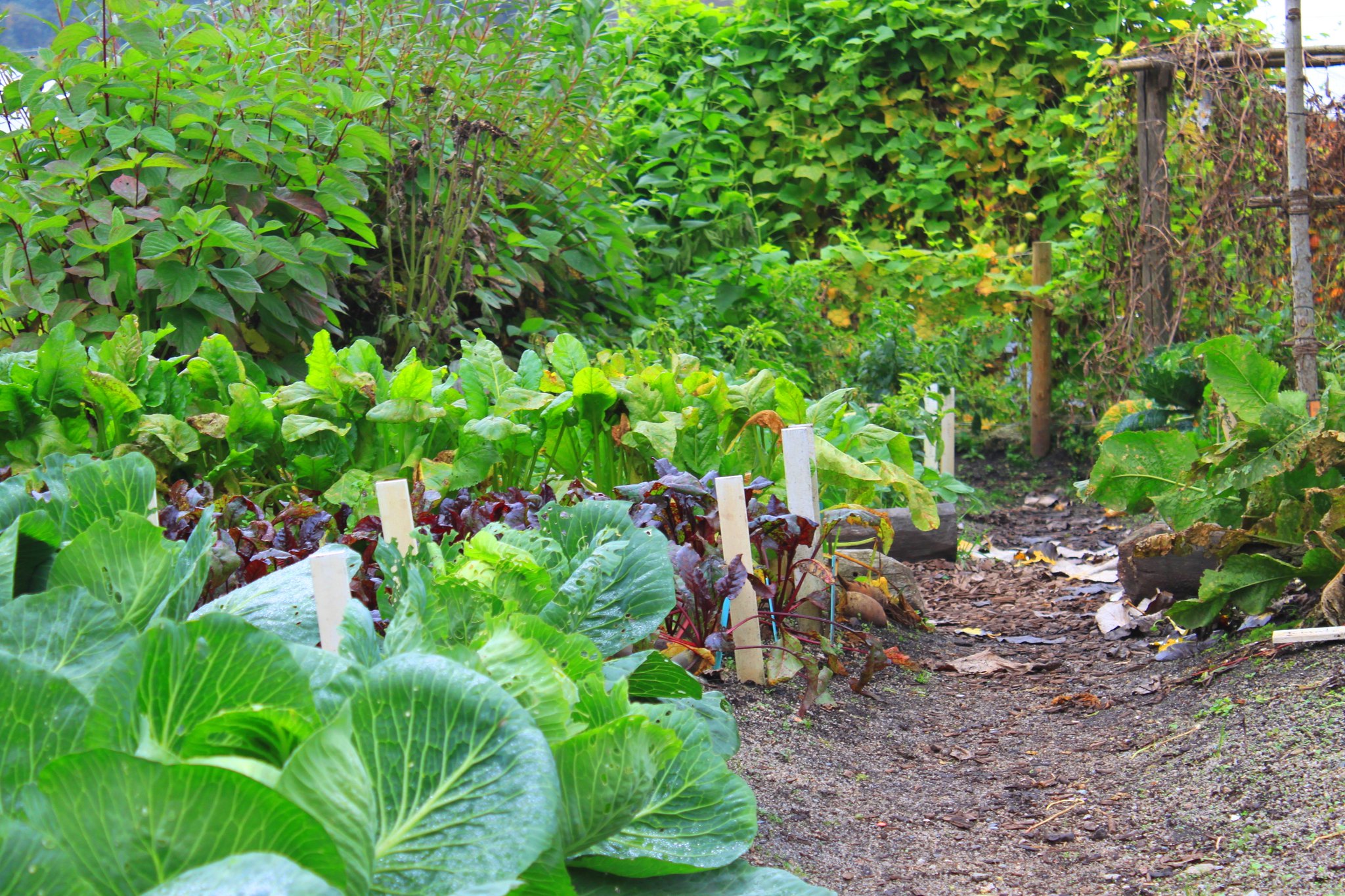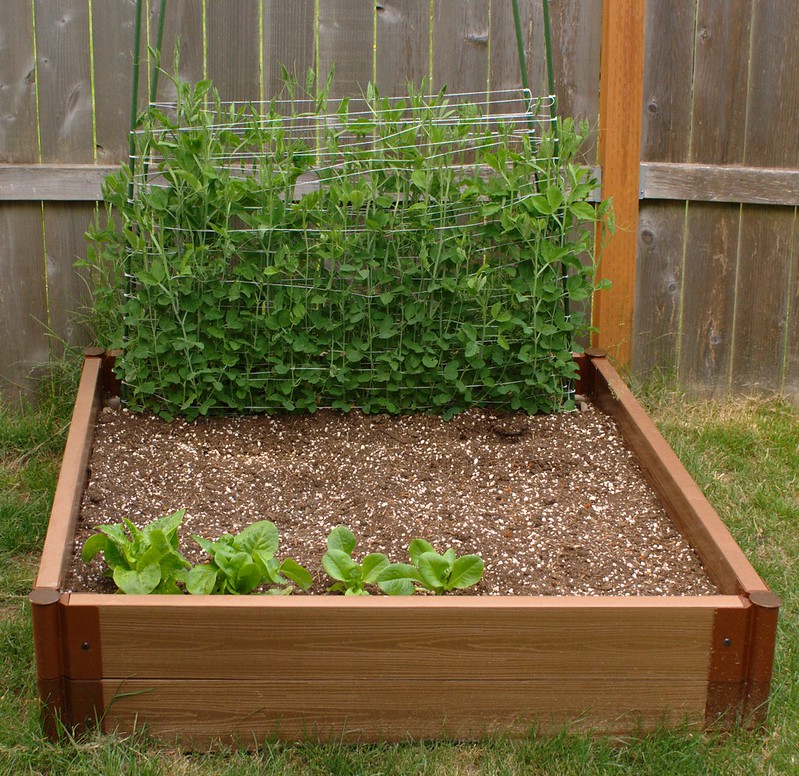You’ve started your first garden only to now realize that as much as you may be prepared for things to go right, things could easily go wrong if you aren’t too careful.
If you’re new to gardening and recently implemented your own garden, raised bed or gardening enclosure, like any new hobby there’s an unforeseen learning curve that must be adjusted to. We’ve compiled some common mistakes for ho and sickle novices that we certainly hope some one told us about, before realizing you shouldn’t try to cross-pollinate fruits and tobacco:
1. Beds Too Wide
While the above sounds like an old poetry book, erecting raised beds or any enclosed garden bed that is too wide is going to cause a headache.
The biggest benefit of having a raised bed is keeping elements out, that includes your feet and hands. Make a bed that is too big or wide and you’re bound mark it up with your shoes or create hand prints; neither of which are particularly good for the soil, albeit great for solving mysteries.

Make sure your gardens aren’t too so wide that you can’t reach the middle (creative commons)
If you’ve gone ahead and bought seeds already, you risk damaging your soil and essentially throwing money down the drain. At a width around three to four feet, most gardeners should be able to reach across the bed on either side without interrupting the nature of things.
2. Out Damned Spot!
In true Shakespearean fashion, if you’ve made the unfortunate mistake of planting in the wrong place, rest assured that you weren’t the first to do this and you won’t be the last.
If you have to migrate your plants, dig them out and lay them on a tarp while you prepare the new area. In the new space, layer a few inches (4″ is best) of gravel in your new planters, before you fill them; this improves drainage.
Then, refill the planters with fresh, nutrient-rich soil and plant them in their new, and hopefully permanent position.
3. Oh No, You’ve ‘Soiled’ Yourself
Hold onto your letters, it’s an Austin Powers reference. Improperly preparing soil can result in dead plants or plants that don’t sprout or provide the fruits and veggies they promised, for example.
Incorrectly identifying your soil type or not testing it overall can lead to problems in the future. Guess what, those problems will only cost you money in the long run so test, test, test!
Soil will vary depending on your region and climate, so test annually with a common at-home testing kit you can pick up at the hardware store or online. You may also want to consider mixing your soil with organic materials/compost. This supplies nutrients without drying out or damaging your plants with chemicals.

Health soil needs to be tested yearly to find out what it needs to eat (creative commons)
4. Watch Your Water, Boy
As Adam Sandler says, H2O is better. Up-and-coming gardeners need to be keen on how much water they feed their saplings and seeds. Under-water your plants and you’ll have some dehydrated flowers gasping for water like an offensive lineman. Overwater and the roots will drown and rot.
Pay extra-special attention to your soil if you can’t afford a self-watering/monitoring system. Hard and dry soil is in need of watering whereas a handful of soil that can form a loose ‘meatball’ in your hand is the optimal range.
You can test this the old fashioned way with a control plant; something that dies or dehydrates somewhat quicker than the surrounding plants, such as lettuce or hydrangea (a common Asian plant). Once you start to notice the weaker plants wilt during a hot period or if you’re simply unsure of when to water, you have two choices: water your plants or yell at that head of lettuce until it gets the message.
As well, don’t forget to send over your gardening tips and horror stories…flashlight included.
Have a suggestion for a cool product or great deal that you think Daily Caller readers need to know about? Email our BrightBulb Team at dealer@dailycaller.com.
The Daily Caller is devoted to showing you things that you’ll like or find interesting. We do have partnerships with affiliates, so The Daily Caller may get a small share of the revenue from any purchase.











